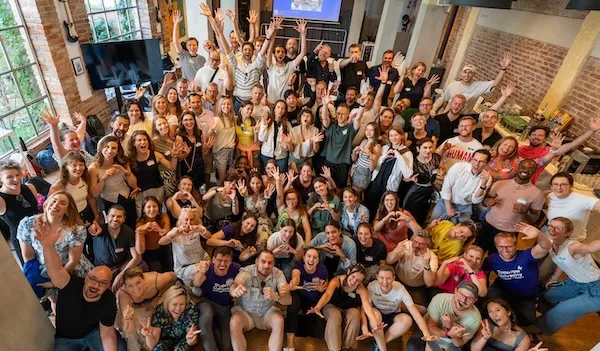Prof. Dr. Sinem Solak
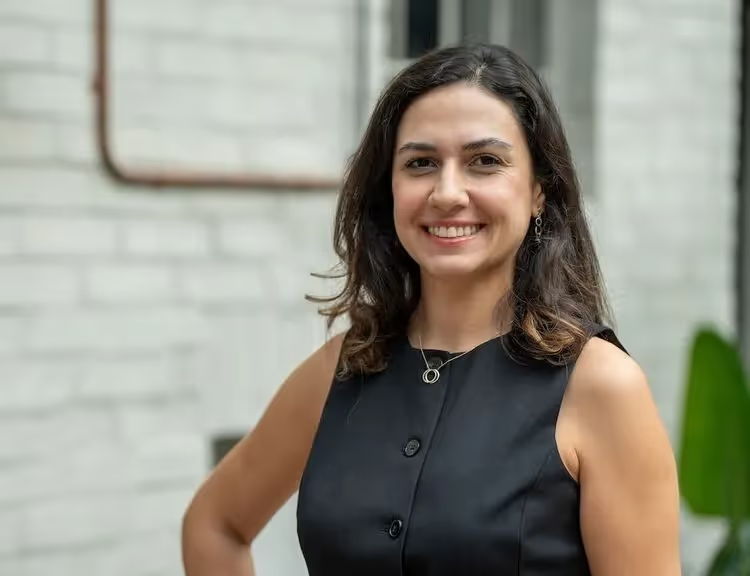
Biography




Research Profile
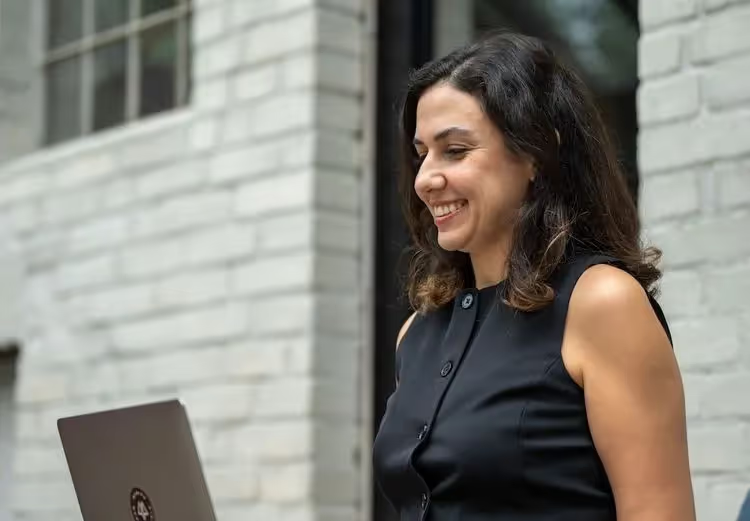
Papers
S. Solak and M. Öner, "Sequential Decision Fusion for Abnormality Detection via Diffusive Molecular Communications," in IEEE Communications Letters, vol. 25, no. 3, pp. 825-829, March 2021, doi: 10.1109/LCOMM.2020.3040146.
keywords: {Sensors;Delays;Nanoscale devices;Task analysis;Sensor fusion;Receivers;Sensor phenomena and characterization;Molecular communications;distributed detection;nanoscale sensor networks},
S. N. Solak and M. Oner, "Neural Network Based Decision Fusion for Abnormality Detection via Molecular Communications," 2020 IEEE Workshop on Signal Processing Systems (SiPS), Coimbra, Portugal, 2020, pp. 1-5, doi: 10.1109/SiPS50750.2020.9195212. keywords: {Channel models;Task analysis;Sensor phenomena and characterization;Training;Artificial neural networks;Nanoscale devices;deep learning;molecular communication;distributed detection;sensor networks},
RNN based abnormality detection with nanoscale sensor networks using molecular communications
Split-ring resonator-based sensors on flexible substrates for glaucoma monitoring
SAR imaging techniques for ground penetrating impulse radar
Professional Community Services
Membership
Reviewing
Program committee memberships and chairing
Judging & mentoring in competitions
Thesis Supervised
Teaching at Tomorrow University
Skills You Can Learn
Foundation Computing
Foundation Mathematics
Human Computer Interaction Web Technologies
Machine Fundamentals
Electronic Circuits and Components
Creative Engineering
Programming Lab
Electrical Circuits and Devices
Core Physics
Physics Lab
Electromagnetism and Introduction to Electrical Machines

.svg)
.svg)


.svg)


















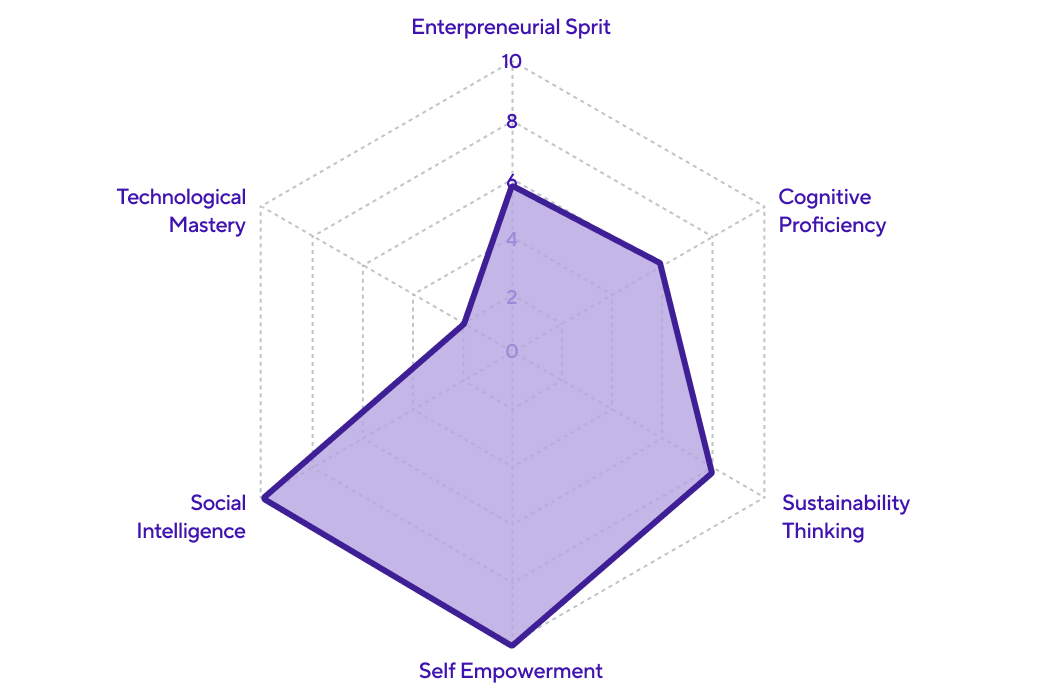
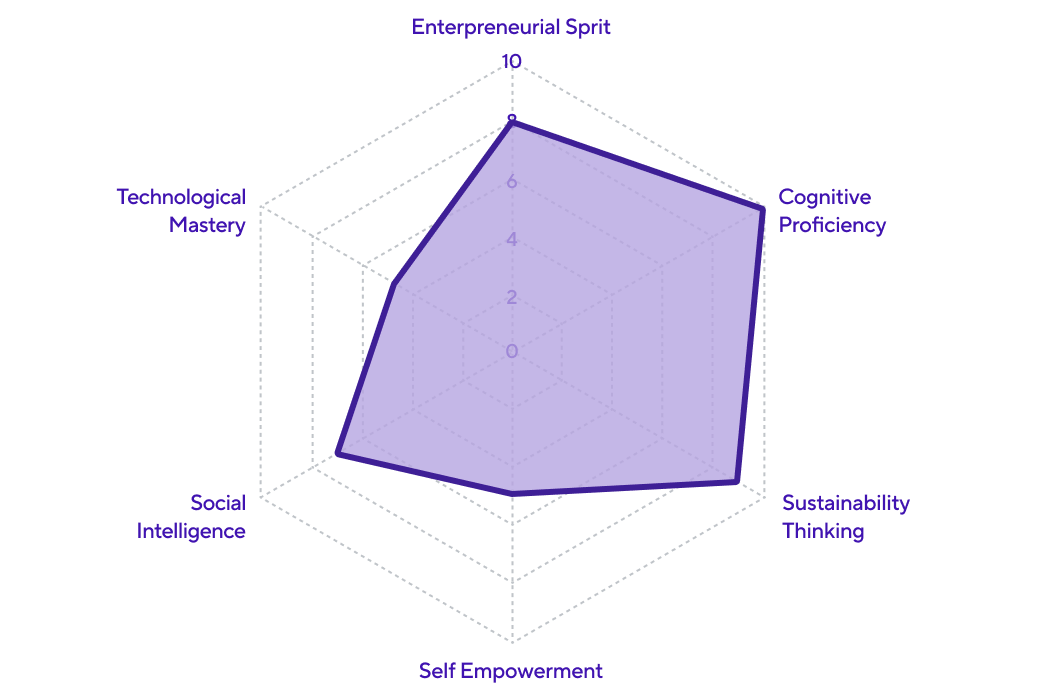
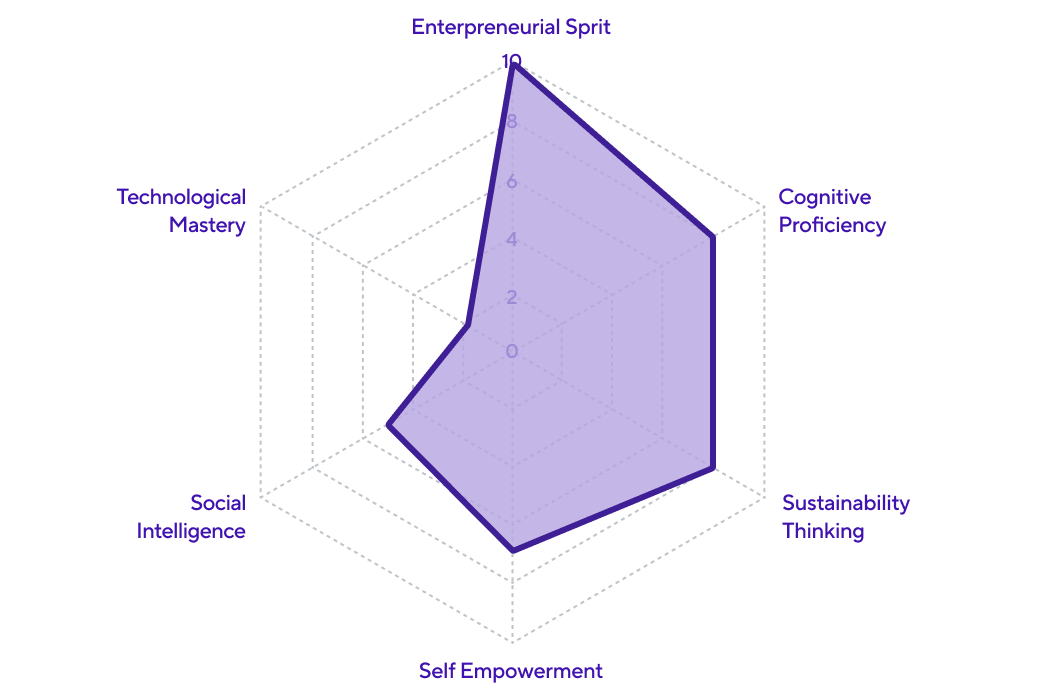
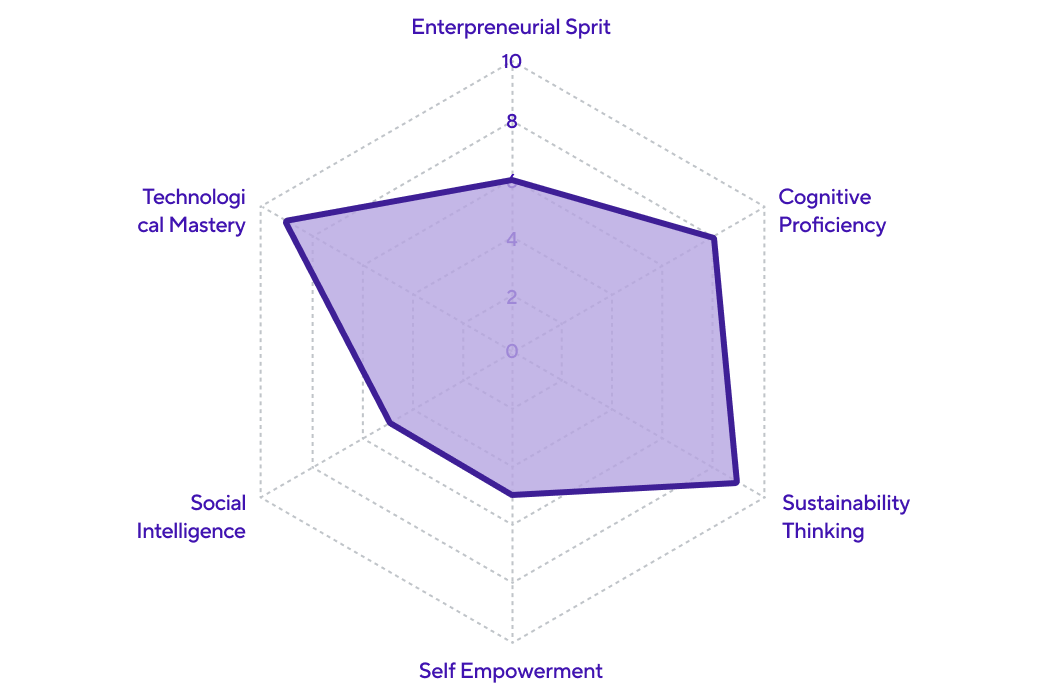
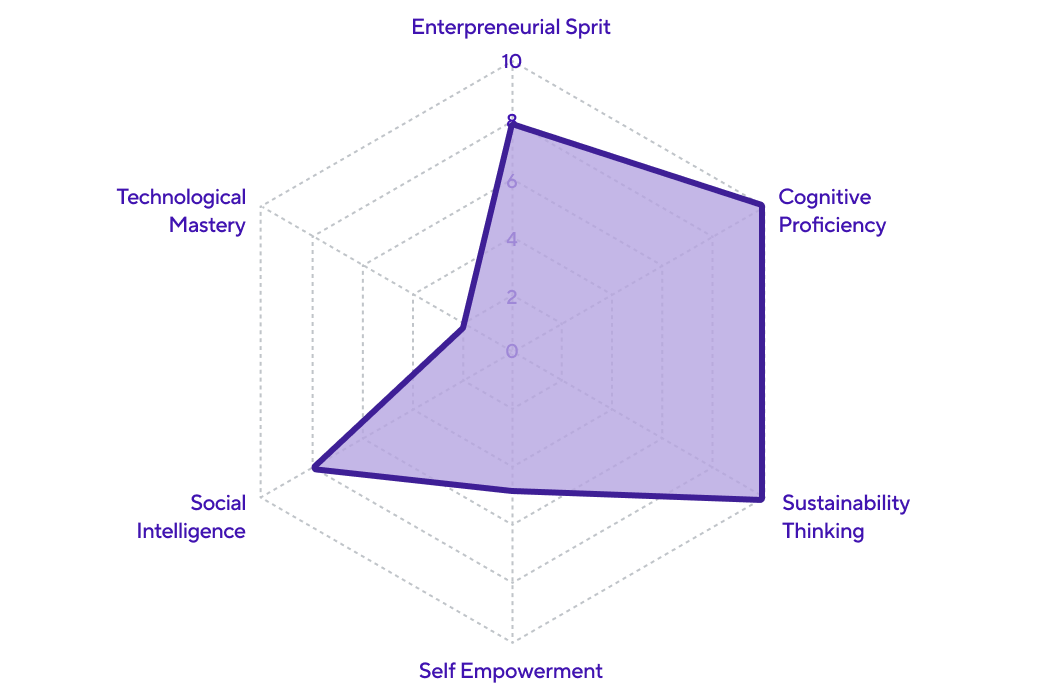


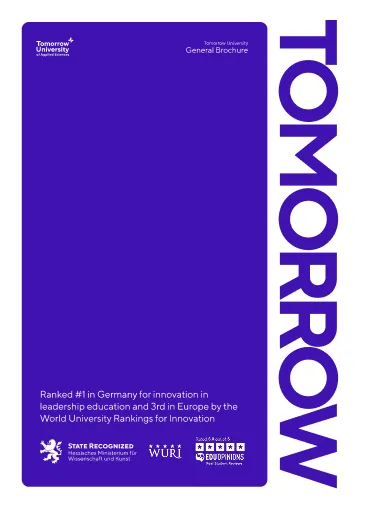

.svg)




.svg)
.svg)

.svg)
.svg)
